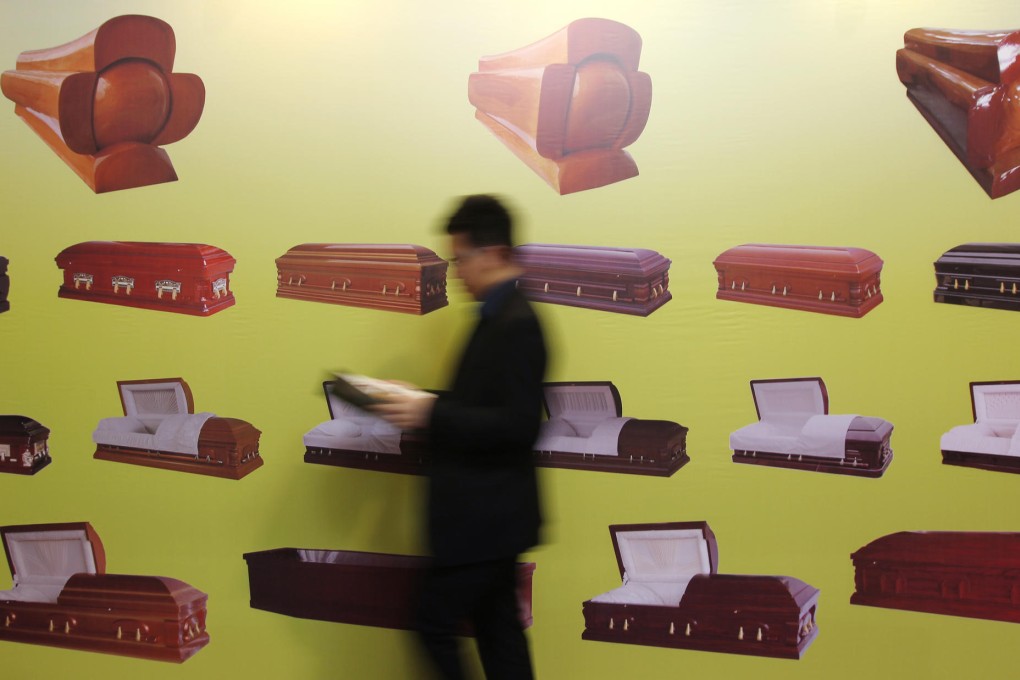Why the dream of living forever may end in court
Who cares for frozen bodies? Immortality by cryonic preservation may present legal issues

On September 28, the Post reported an apparent growth in interest on the mainland in the cryonic preservation of the dead.
The science of cryonics is the frozen preservation of the dead or parts of the dead in liquid nitrogen in the hope that medical science may develop to such an extent as to resurrect the dead at some future date.
Mainlanders' interest in cryonic preservation, sometimes referred to incorrectly as cryogenics, is said to be driven by the central government's policy to discourage burial and encourage cremation as a means of disposal of the dead, a policy that is at odds with many cultural beliefs. The distaste for cremation is such that people reportedly buy corpses to cremate in place of their relatives; the cremation receipt could be used to conceal the burial of the relative's corpse.
US cryonics firms are exploring the opportunities of offering their services in China, initially by arranging for emergency preservation of the dead and their export to American facilities, but eventually perhaps by means of facilities constructed on the mainland.
The science of cryonic preservation has been criticised, for example, for causing damage to human tissue cells. Apart from that, there are also many potential legal problems.
The process is usually subject to a contract and trust with ongoing financial liabilities, including the possible cost in the very remote possibility of resuscitation. This raises issues regarding the enforceability of the contract for preservation and resurrection. It is hard to envisage how the dead may enforce the contract. Your estate may enforce the contract, but this enforcement cannot continue indefinitely. If the cryonics company fails in its obligation, your estate may sue for breach of contract. The estate could ask for the remedy of specific performance if you have not yet defrosted and the cryonics company might be ordered to maintain your frozen storage. However, the usual remedy for a breach of contract is damages and, if you have defrosted, what loss should the court compensate for? The court would be faced with quantifying the loss your estate has suffered. Perhaps the court could consider a loss of the opportunity of resurrection?